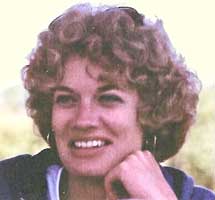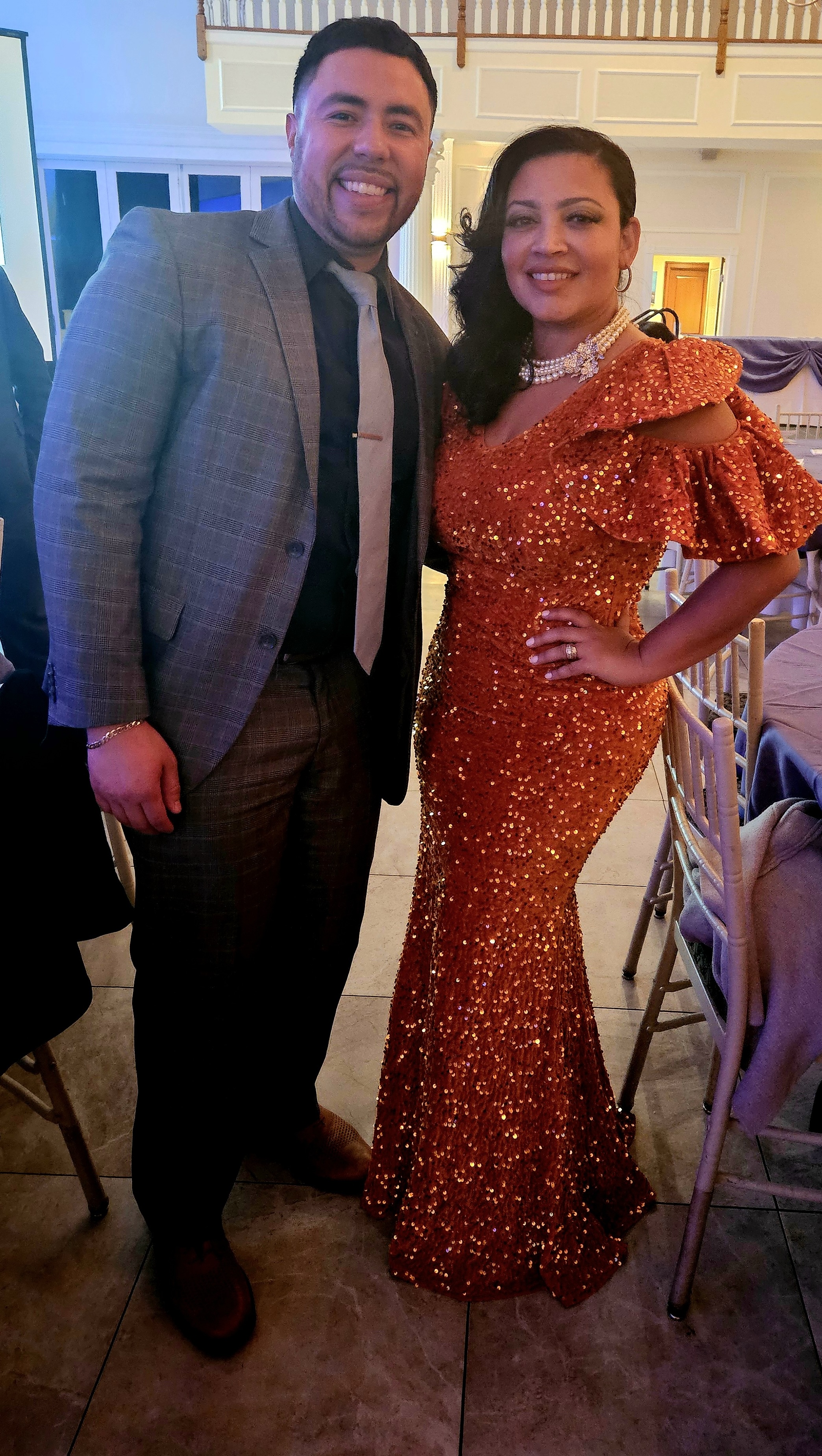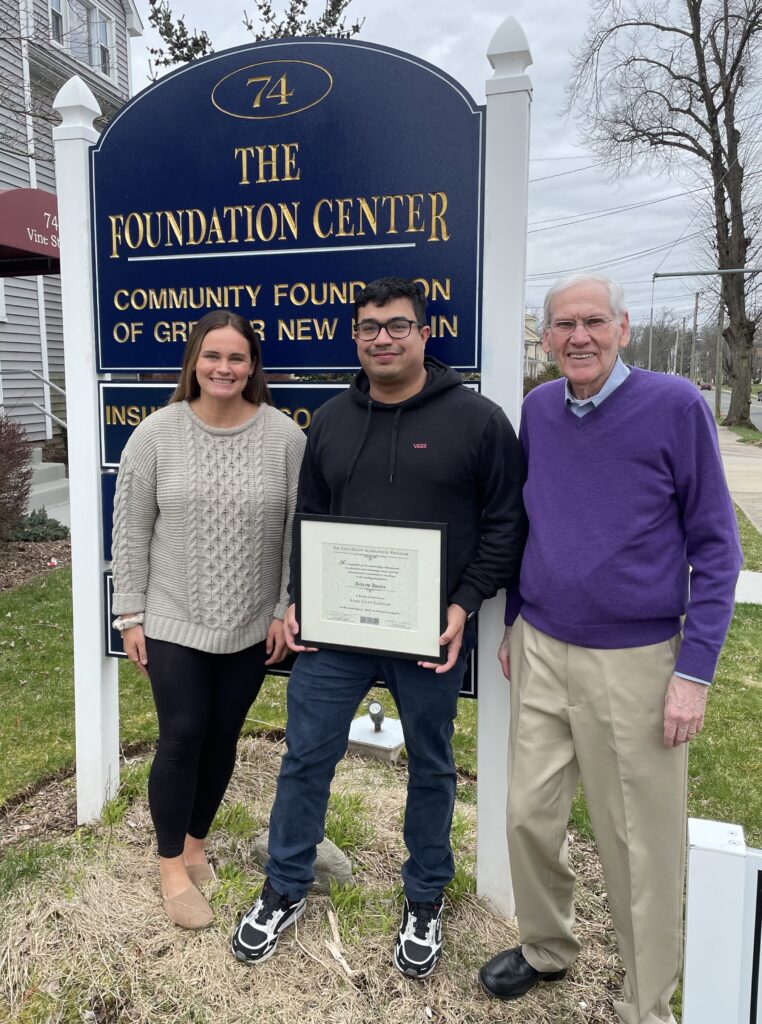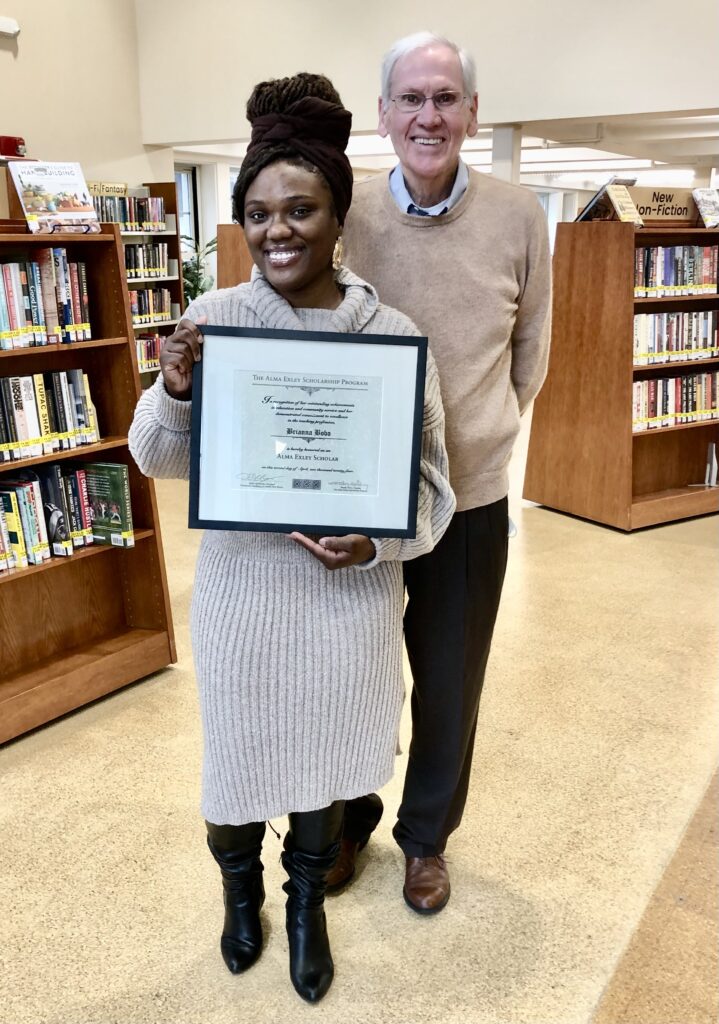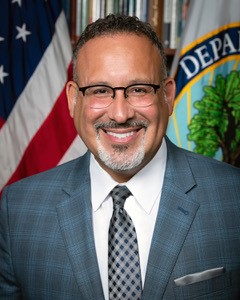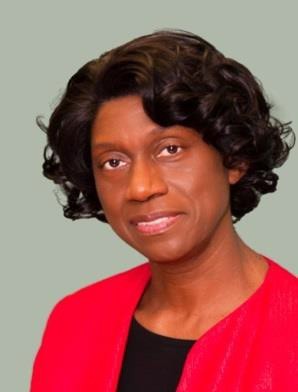Dr. Violet Jiménez Sims, whom we honored in 2006, has been named a 2024 PDK Distinguished Educator for her work in recruiting, training, and retaining teachers of color.
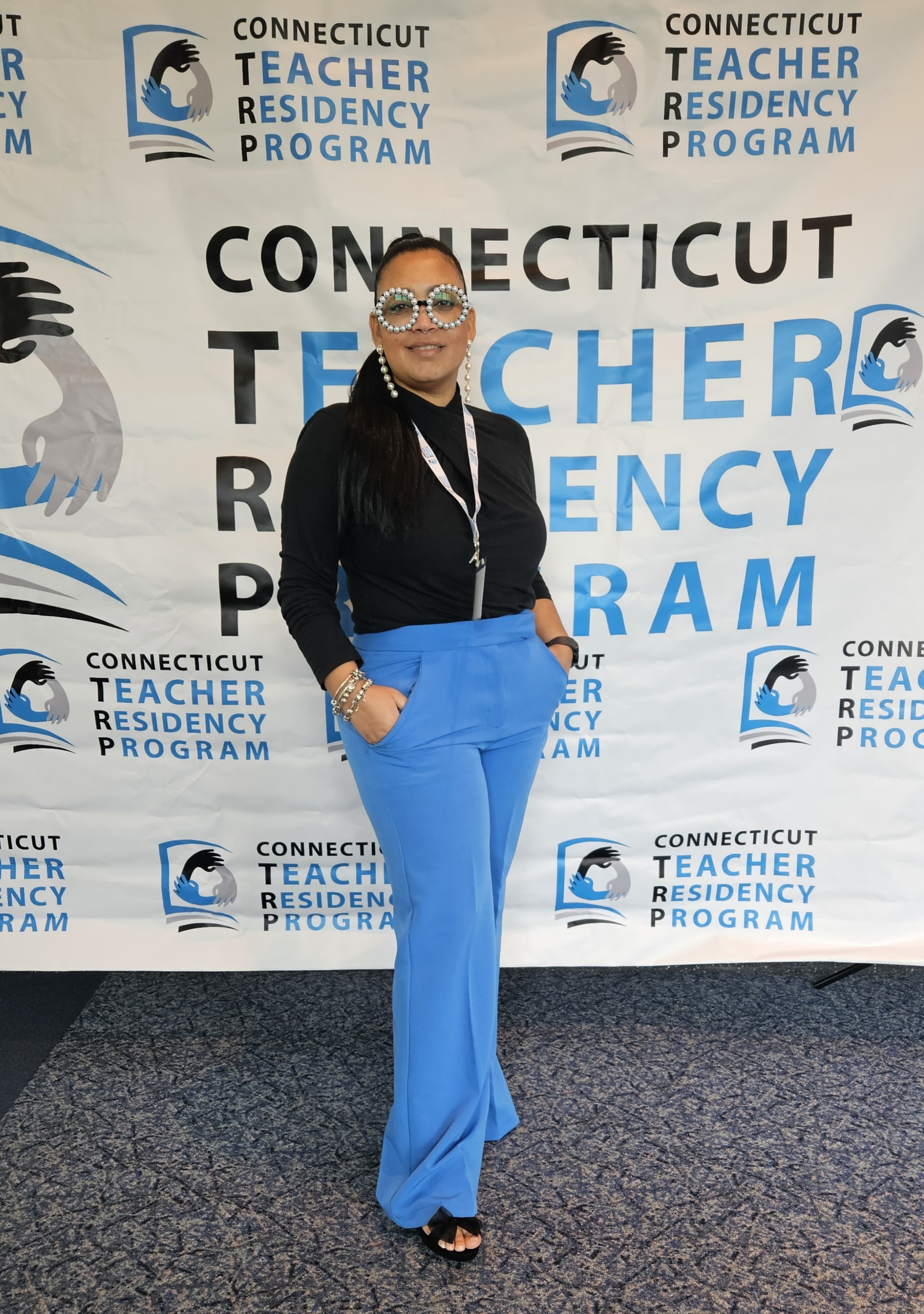
Dr. Sims is Managing Director of Academic Programming at the Connecticut Teacher Residency Program, a key state initiative to develop a more diverse educator workforce.
PDK International says its Distinguished Educators are leaders who have made significant contributions to the teaching profession in line with the organization’s core values. Established in 1906, PDK supports educators by strengthening their commitment to the profession throughout their careers.
Honor Reserved for Most Prestigious Members
“The Distinguished Educators program is an honorific designation reserved to highlight our most prestigious members,” said Albert Chen, PDK International’s Chief Operating Officer. “We recognize Violet Jiménez Sims for her achievements and contributions to our profession and her commitment to our core values of research, service, and leadership.”
Before assuming her present position, Dr. Sims was a high school teacher and served on the faculty of UConn’s Neag School of Education. Active in the community, she served four years on the New Britain Board of Education and is Vice President of the New Britain branch of the NAACP. In 2022, the New Britain YWCA named her a Women in Leadership Sesquicentennial Honoree.
Learning and Networking in D.C.
PDK International will host Dr. Sims and seven other Fellows and education change agents at a professional learning and networking event in Washington, D.C., this summer. During the year ahead, the Fellows will be able to interact with like-minded colleagues and engage in community-driven professional development.
Said Dr. Sims, “In every capacity, whether teacher, administrator, professor, teacher educator, or elected board of education member, I have always centered how the work impacts students.”
Congratulations to this remarkable Alma Exley Scholar, who exemplifies in her professional and community leadership what our program is all about.
- Woody Exley
